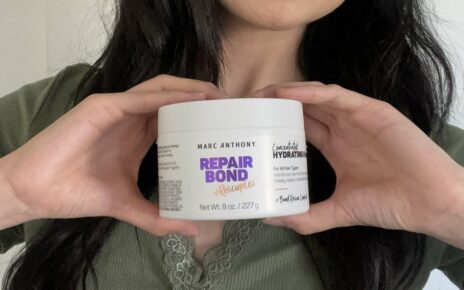Even as a beauty writer, the number of skincare ingredients on the market can be incredibly overwhelming. Like what actually works? What’s just nonsense? I asked that very question to a few of my favorite dermatologists—Dendy Engelman, MD; Deanne Mraz Robinson, MD; and Shari Marchbein, MD—and they all gave me the same response: retinol and vitamin C are hands down the best and most well-studied ingredients for reversing signs of aging and giving your skin a dewy glow. Not only that, but these MVP ingredients are even more effective at improving your skin texture when used together.
Surprising, right? Especially when they’re so frequently talked about as being irritating when used together. Ahead, everything you need to know about combining retinol and vitamin C in your skincare routine, plus the best retinol and vitamin C products to try right now.
What is retinol and how does it work?
Retinol is a derivative of vitamin A that’s often used in skincare products to stimulate collagen production (the protein responsible for skin smoothness and firmness) and trigger cell turnover (your skin’s natural renewal process). “By signaling cells to behave like younger cells, retinol can smooth fine lines and wrinkles, fade dark spots and hyperpigmentation, and improve skin’s tone and texture,” explains Dr. Engelman.
Retinol is also a fantastic ingredient for treating acne, since it “works on a cellular level to help kickstart your cell turnover rate, reduce inflammation, and decrease oil production—all key functions for keeping pores clear and skin free of breakouts,” Dr. Marchbein has previously told Cosmo.
Retinol is available in various potencies either over-the-counter or via a prescription (fyi, prescription-strength retinol is more effective at treating acne than the drugstore kind) and is typically offered in the form of a face serum, gel, or night cream.
4 editor-approved retinols:
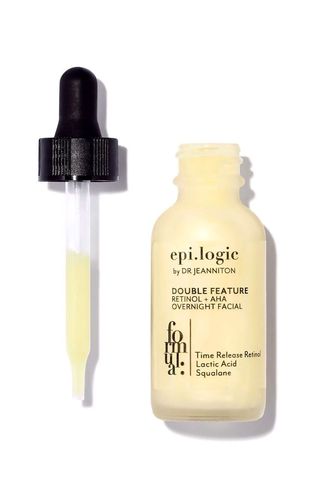
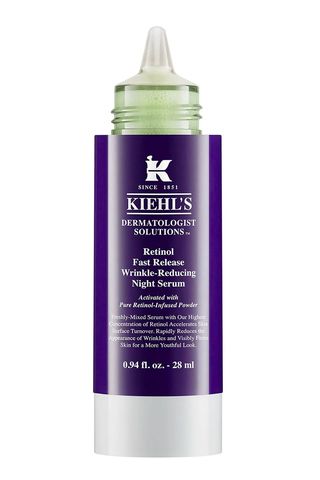
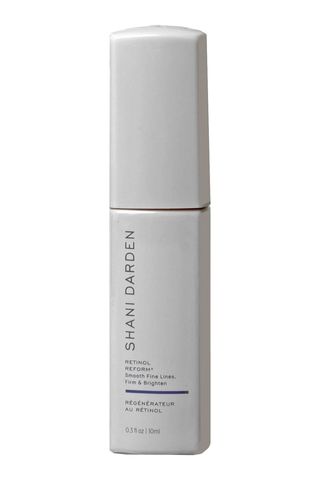
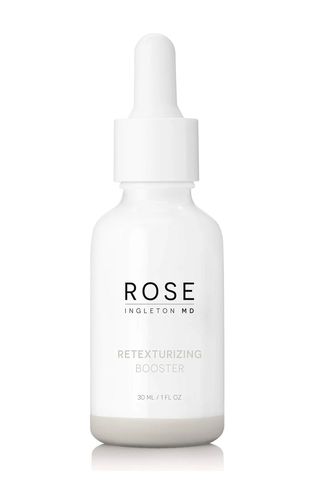
What is vitamin C and how does it work?
Vitamin C is powerful antioxidant that can help prevent signs of aging and repair skin damage when used topically. In terms of prevention, vitamin C is excellent at protecting the skin from free radical damage caused by environmental aggressors, such as pollution, infrared light, and blue light, says Dr. Mraz Robinson.
“On the reparative side, vitamin C also supports collagen synthesis and helps regulate melanin production to fade hyperpigmentation and give skin nice overall vibrancy and glow,” says Dr. Mraz Robinson, adding that research has also shown that vitamin C, which is often found in the form of a serum, can boost the protective benefits of SPF when used together.
4 top-rated vitamin C products to try:
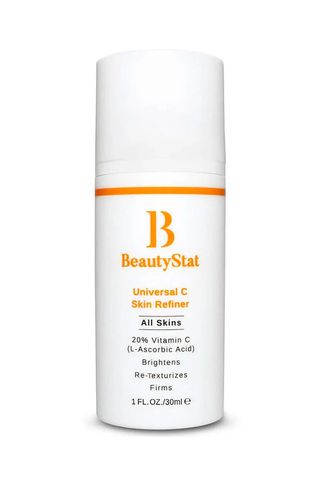
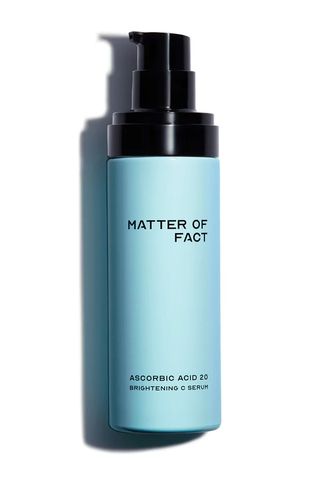
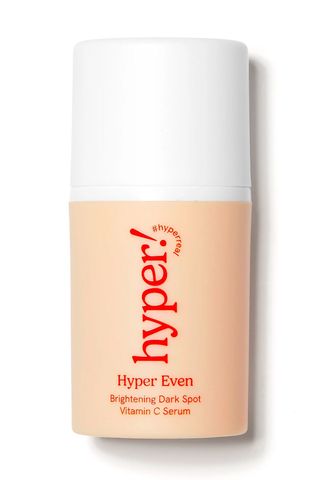
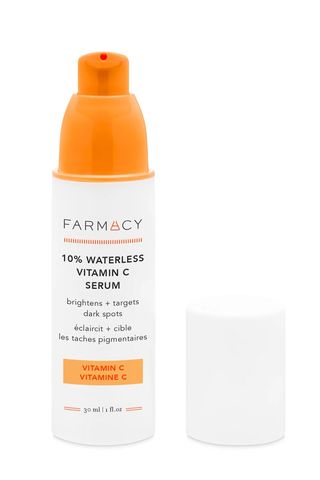
Can I use retinol and vitamin C together?
Both Dr. Engelman and Dr. Mraz Robinson say yes, retinol and vitamin C should both absolutely be a part of your skincare routine. Having retinol and vitamin C in your skincare regimen is a great idea since both are powerful anti-agers that address skin appearance as well as skin health.
“These ingredients are a dream team for tackling dullness, fine lines, hyperpigmentation, acne and acne scarring, and overall skin aging,” says Dr. Mraz Robinson, noting that vitamin C and retinol are the two ingredients she recommends most to her patients. “From a health perspective, vitamin C neutralizes free radicals and stressors on the skin, while retinol helps the skin to shed unhealthy and potentially pre-cancerous skin cells, so they’re very complementary.”
What are the risks of using retinol and vitamin C together?
Vitamin C and retinol are both very powerful ingredients, which is in many ways what makes them so worthwhile, but it also means that you need to use them with caution. “Using these ingredients together is great for getting the protective and anti-aging results that you want, says Dr. Engelman, “but the downside is that they can irritate the skin.”
And that’s especially true if you have sensitive skin: “Using both retinol and vitamin C can cause redness, itchiness, sensitivity and other unwanted side effects,” says Dr. Engelman. That said, you can avoid or lessen irritation by spacing out the time between applying these two ingredients, or by using your vitamin C in the morning and your retinol at night.
Another thing to keep in mind if you want to minimize irritation while using your vitamin C and retinol is product formulation and packaging. As a rule, choose a vitamin C that’s sold in an opaque, air-tight bottle since exposure to light and air can oxidize or degrade the ingredients and render them ineffective or potentially irritating. As for retinol? Start with a low concentration and opt for retinol for sensitive skin that’s “encapsulated” or “time-released,” as these tend to be less irritating.
How do I use retinol and vitamin C together?
In general, vitamin C is best used in the morning and retinol is best used at night. In the morning, apply your vitamin C serum to clean, dry skin and follow with a face moisturizer for your skin type and sunscreen with SPF 30 or more. If you’re using a face moisturizer with vitamin C, then just SPF on top is fine.
“In the evening, you should apply your retinol to clean, dry skin and if your skin tends to be on the drier side, you can layer it with a hyaluronic acid serum or hydrating moisturizer,” says Dr. Mraz Robinson. And since retinol can cause excessive dryness around the eyes and mouth, Dr. Mraz Robinson recommends applying an occlusive ointment, such as Aquaphor or Vaseline, to those areas before using your retinol to create a protective barrier.
And FYI, if you’re someone who can’t be bothered with an a.m. and p.m. routine and just wants to focus on skincare at night, you *can* use vitamin C and retinol together as long as it’s in the same product, like one of the options below.
The best products that combine retinol and vitamin C:
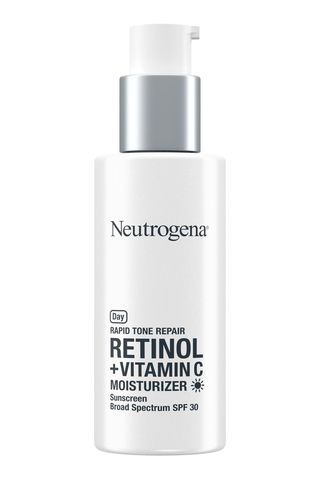
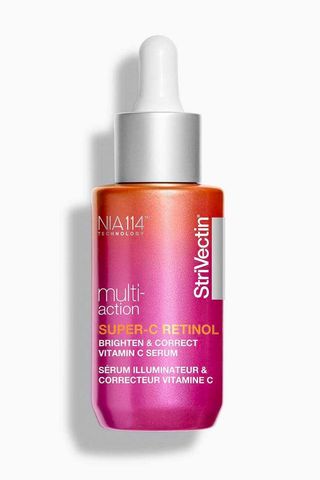
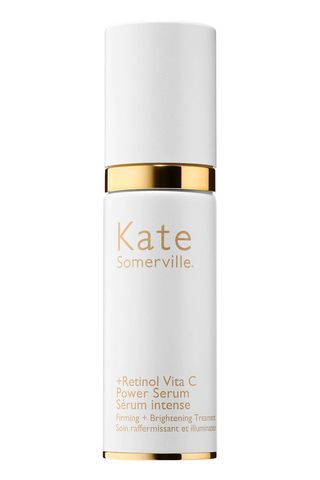
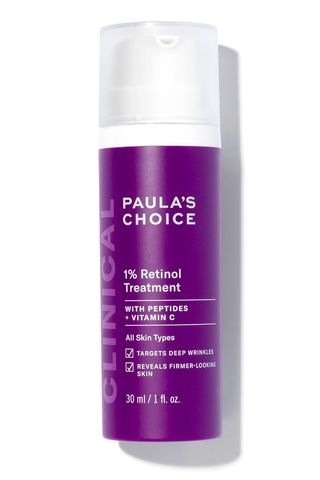
The takeaway:
Our experts all agree that when it comes to preventing and treating acne and acne scars and reversing signs of aging, like fine lines, uneven skin texture, and discoloration, there are no two better ingredients than retinol and vitamin C. “It’s definitely a good idea to use both of these ingredients in your regular skincare routine,” says Dr. Engelman.
Just remember to choose formulas that are right for your skin type and skin concerns and to use your vitamin C in the morning (with SPF, of course) and your retinol in the evening before bed.
Meet the experts:
Why trust Cosmopolitan?
Gabby Shacknai is a New York City-based journalist with years of experience researching, writing, and editing beauty and wellness stories that range from aesthetic treatments for millennials to sweat-reduction techniques. Gabby is an authority in all skincare categories, but an expert when it comes to vitamin C and retinol. She regularly tests and analyzes vitamin C and retinol products for efficacy, while working with the industry’s top dermatologists and estheticians to assess new formulas, brands, and technologies.
Source: Read Full Article
